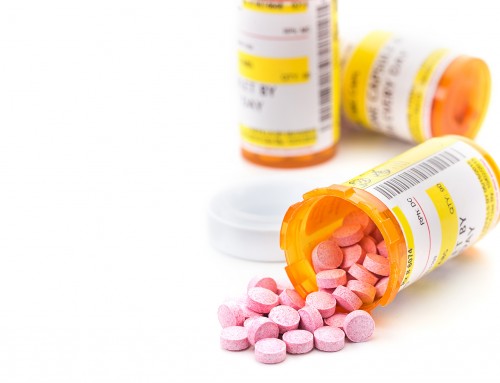How do genetics contribute to variations in Warfarin response?
Genetic testing can help to determine an individual’s sensitivity to warfarin and help to decrease the amount of time necessary to achieve a stable INR. The following genes contain important information regarding an individual’s warfarin sensitivity: CYP2C9, VKORC1, CYP4F2 and GGCX.
CYP2C9 gene
The CYP2C9 gene encodes the Cytochrome P450 2C9 enzyme, which is responsible for metabolism of compounds such as steroid and warfarin. Some CYP2C9 genetic mutations can decrease the activity of CYP2C9 and slow down the breakdown of warfarin. This leads to a prolonged drug effect with a longer activation time in the body, resulting in warfarin sensitivity.
VKORC1 gene
The VKORC1 gene encodes the Vitamin K epoxide reductase enzyme which helps to activate clotting proteins in the blood-clotting cascade. Warfarin inhibits VKORC1 activity and slows the activation of blood clot formation. Some common VKORC1 genetic mutations can decrease the amount of functional enzyme available for activation of clotting proteins. This leads to a lower warfarin dosage requirement and increased warfarin sensitivity. On the contrary, rare VKORC1 genetic mutations can increase the level of VKORC1 activity, and more warfarin is required to achieve effectiveness.
GGCX gene
The GGCX gene encodes the Gamma-glutamyl carboxylase enzyme which helps to activate vitamin K-dependent blood coagulation. GGCX genetic mutations can reduce vitamin K-dependent blood clotting, reducing the dosage of warfarin required.
CYP4F2 gene
The CYP4F2 gene encodes the Cytochrome P450 4F2 enzyme, which speeds up the metabolism of active vitamin K. This helps to clear vitamin K from the cycle, so it will not accumulate to toxic levels. CYP4F2 genetic mutations can reduce the activity of the enzyme. This results in accumulation of active vitamin K and subsequent activation of the blood-clotting cascade and increasing the dosage of warfarin required to prevent abnormal blood clots.
References:
Warfarin Uses, Dosage, Side Effects. Drugs.com.
WarfarinDosing.org
Lee MTM, Klein TE (2013). Pharmacogenetics of warfarin: challenges and opportunities. Journal of Human Genetics. 58, 334–338.
Pavani A, Naushad SM,
Rupasree Y, Kumar TR, Malempati AR, Pinjala RK, Mushra RC, Kutala VK (2012). Optimization of warfarin dose by population-specific pharmacogenomic algorithm. Pharmacogenomics J. 12(4): 306-11.
DNA In the News2017-04-06T19:53:29+00:00

